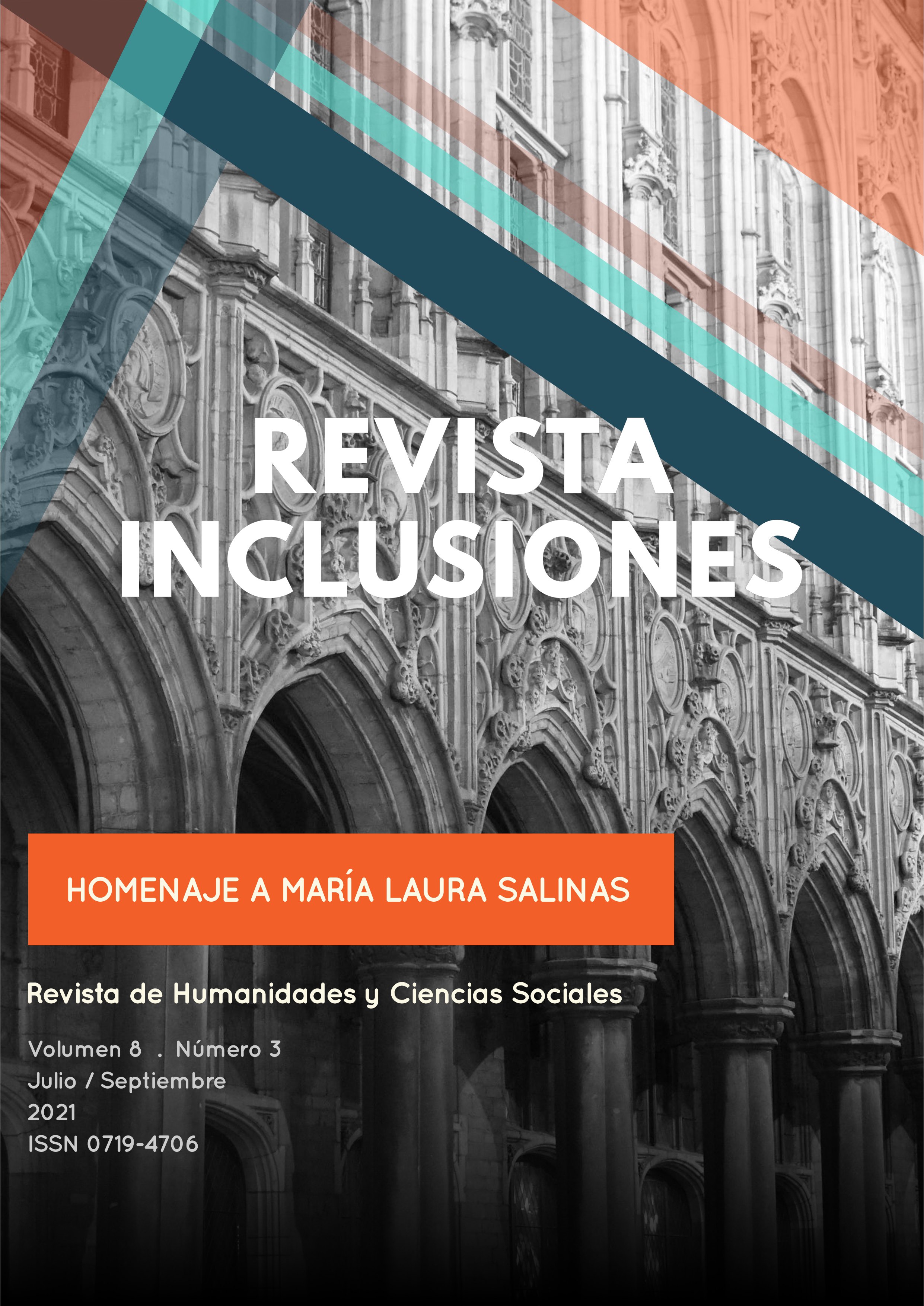DEVELOPMENT OF SPATIAL-TEMPORAL SKILLS TO PROMOTE EXECUTIVE FUNCTION IN THE ELDERLY FROM AN ECOLOGICAL PERSPECTIVE
Abstract
The research aims to promote the development of spatial-temporal skills to enhance executive
function in the elderly from an ecological perspective. To verify the results, methods such as
interviews, observation, as well as cognitive tests are used, among which are the Rey–Osterrieth
Complex Figure, Symbols and Digits Test, the Stroop test and a practical activity that evaluates the
executive index performance in ecological conditions. The system of tasks used through activities
that require the use of sketches and the identification of clues and signs in a given area, proposes an
approach to daily life activities, mainly those that require a visuospatial orientation and psychosocial
adjustment. As a result, an increase in executive functionality was obtained at the levels of planning,
working memory, monitoring, cognitive flexibility and inhibitory control. These results were evaluated
by means of the statistical test of contrasts T-student for dependent samples, revealing statistically
significant differences (p <0.05) between the samplings carried out by means of the tests, in addition
to the testimony of the participants, regarding the appropriation of skills temporal space and its impact
on activities of daily life.
Downloads
Published
How to Cite
Issue
Section
License
Copyright (c) 2021 Mt. Osvaldo León Bravo, Dr. C. Dionisio Zaldívar Pérez, Dr. C. Francisco García Ucha

This work is licensed under a Creative Commons Attribution 4.0 International License.
Authors retain copyright and grant Revista Inclusiones the right of publication under Creative Commons Attribution 4.0 International (CC BY 4.0). This allows use, distribution, and reproduction in any medium, provided proper attribution is given to the author.











